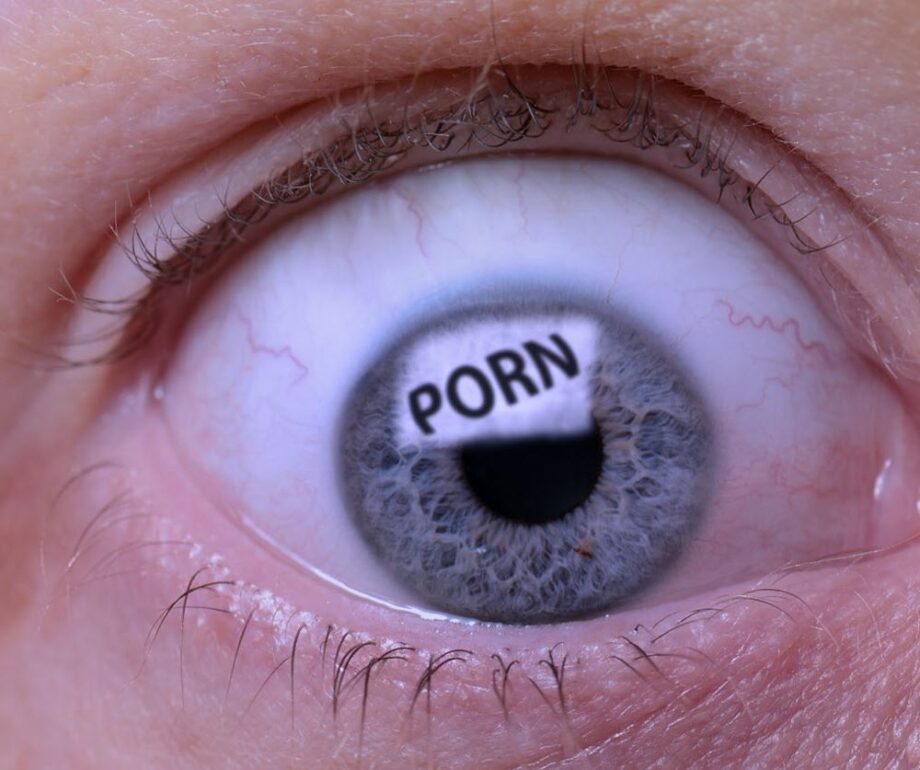Sex ed for kids
This Is Your Brain on Porn: Advice for Parents
Porn is being blamed these days for failed marriages, ruined political careers and the "corruption of our youth." But is it really to blame?
Most people who enjoy pornography don’t find that it becomes a compulsion, don’t end up choosing porn over real-life sexual encounters and are able to distinguish between the fantasy of porn and the reality of their lives.
Yet, porn is being blamed these days for failed marriages, ruined political careers and the corruption of our youth. More specifically, the naughty lusty males watching all this porn are being blamed for allowing their porn use to taint their relationships with otherwise innocent females. This is not a new story.
And, because we live in a repressed and sex negative culture that thrives on exploiting our desires and our fears about sex and sexuality, this story is easily swallowed by many. You don’t have to look far to find an article, a TED talk, or a podcast that speaks to the evils of pornography. After all, its proliferation on the Internet has exploded and any savvy 9-year-old can access it in about three seconds. From the tale of the man who comes to prefer porn to having sex with his wife to the teenage boy who sees a particular sex act in porn and then expects girls to perform that for him, guilt is easily placed on the images of nudity and sex that are intended to arouse.
Might porn be a problem for some people? Yes, of course.
According to Dr. Marty Klein, a certified sex therapist and award-winning author of "America’s War on Sex," there’s no such thing as porn addiction. “There’s loneliness, there’s depression, there’s anger and fear. There are situations in which people withdraw sexually because of chronic conflict or long-term emotional wounds. There are couples who have lost interest in each other sexually,” Klein says. These things, he argues, are different from addiction. (Read: Why Does He Need Porn When He Has ME?)
In fact, the Diagnostic and Statistical Manual of Mental Disorders (DSM), the handbook used by health care professionals in the United States and much of the world as the authoritative guide to the diagnosis of mental disorders, does not include sex addiction or porn addiction as a clinical diagnosis. (Read: Am I Addicted to Sex?)
But what of our youth? Their brains are still developing, as are their notions of what love and sex and relationships are all about. This is a crucial time for them. Should parents be concerned? Yes, but not for the reasons many people assume. What we should be concerned about isn't porn, but the severe lack of healthy sex education available to young adults. Kids do learn about sex from porn, but only because there are few other alternatives.
Perhaps some parents long for the romantic days of their own youth before porn was just a click away. The days when someone had to walk into a sex shop or the back room of a video rental store or head for that particular rack that housed magazines wrapped in plastic in order to choose and purchase pornography. It wasn’t so easy for kids to get their hands porn on back then. A dog-eared Playboy, Penthouse or Hustler had to last years and many viewings, perhaps by different eyes. Porn was a luxury afforded the brave and the shameless.
Although we’ve moved light years ahead with technology, resulting in pornography being accessible to anyone with a smartphone, our society hasn’t advanced nearly as much when it comes to our acceptance of sexuality and sexual exploration.
Images of nudity and sex are not inherently bad for the brain or the institution of marriage. But, like it or not, porn is how a lot of people learn about sex. That isn't the intention behind most porn, though. The intention is to arouse, to create sexual excitement and perhaps to help someone find their way to an orgasm. And, yes, it's also designed to get people to want to purchase more porn. The creation of pornography is a business, after all. None of this is inherently bad either. Arousal and excitement and orgasm are all part of healthy human sexuality, as is masturbation.
So what is the problem? The problem is that we are not offering our youth an alternative education on love, sex and relationships and that we don’t have an intelligent dialogue in our society, at our dinner tables, or in our schools about pornography and the role it plays in our lives. I’m not suggesting watching porn with your child, but you could watch an age-appropriate movie with a love story and perhaps the hint of a sex scene and have a conversation with them about it.
- Are they in love? How can you tell?
- How well did they know each other before their first kiss? Before having sex? Did this seem like an appropriate time to wait? Would you have done it differently and why?
- Did they both enjoy it? Did they seem nervous at all? Did they seem happy? How could you tell?
- Did they seem concerned about pregnancy or getting an STD?
- Did their love last? What issues and problems did they have in their relationship? How would you have handled those problems?
- How is this movie like real life and how is it different from real life?
There aren’t right or wrong answers to these questions. This is an opportunity for a conversation with your child about love, sex and relationships. It's about helping kids to develop the crucial life skills that most of us struggle with into adulthood.
It is important that our youth receive education about pornography, but not be shamed for being curious about it or for getting pleasure from it. Education means teaching them that it is illegal to consume pornography if you’re under 18. That, although the naked human body is not shameful, they should not take or share naked pictures of themselves or others, or pictures or videos that are sexual in nature. This could be considered pornography and there could be serious legal and social consequences for this.
What I hope to teach my child is to watch everything, including pornography, with a critical eye. I want him to know that love, intimacy and sex have the potential to bring him great joy. That intimate love relationships are not easy. That they carry the risk of heartbreak, of emotions so powerful he can’t begin to imagine. I want him to know that his sexuality is a gift that is to be valued and respected, as is the sexuality of every other human being. If he knows this, he will likely have the tools to navigate a world in which pornography is, and will likely always be, a fact of life.




